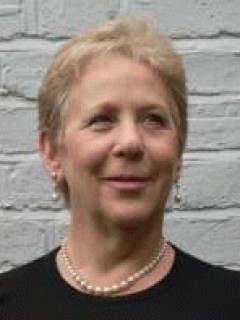Jamie Bartlett's opening session, "Worlds Collide: looking to 2030", transported his audience into the next decade but it was Extinction Rebellion's Paddy Loughlan who proved many delegates' standout keynote. With his background in market research, he was able to frame climate change in a way that showed the dangers, but also why there is cause for optimism.
Another session which drew plaudits was the panel debate on inclusion, chaired by Ali Camp and featuring Marie-Claude Gervais, Ella Fryer-Smith, Melissa Gonsalves and Kenny Imafidon. Ella paraphrased her fellow panel members' final comments as "we all need to go spend some time with someone different to you, know your privilege and recruit for cultural-add, not cultural fit."
AQR was well represented, not just in terms of having a stand with which to beat the drum for the qual industry, but also with members' papers being nominated for a gong. The unholy triumvirate of Judy Taylor, Caroline Noon and Oli Sweet engaged the audience to hothouse The Listening Project, debating the shape and the future of qual.
"Our room was a great room to present in acoustically, big enough but very intimate," says Judy. "It was full and had a great mix of younger and older researchers, including Liz Norman's familiar face, and a few research buyers so we could get a mixed view."
The trio used the voting technology to great effect, which fostered interaction. And because it was run as a three-hander, there was little opportunity for the audience's attention to wander. Peter Totman is another AQR Board member whose paper has been nominated for an award. But apart from the various keynotes, and a raft of standout papers, Impact 2020 touched delegates on a deeper level. Belma Lugic attended day 1 and appreciated that there were not only many sessions about the future of market research in the next decade "but it was also about us, people working in the sector; our wellbeing, our responsibilities in regard to inclusion, diversity and the potential of young researchers."
A recognition that, in essence, market research is truly a "people business".


